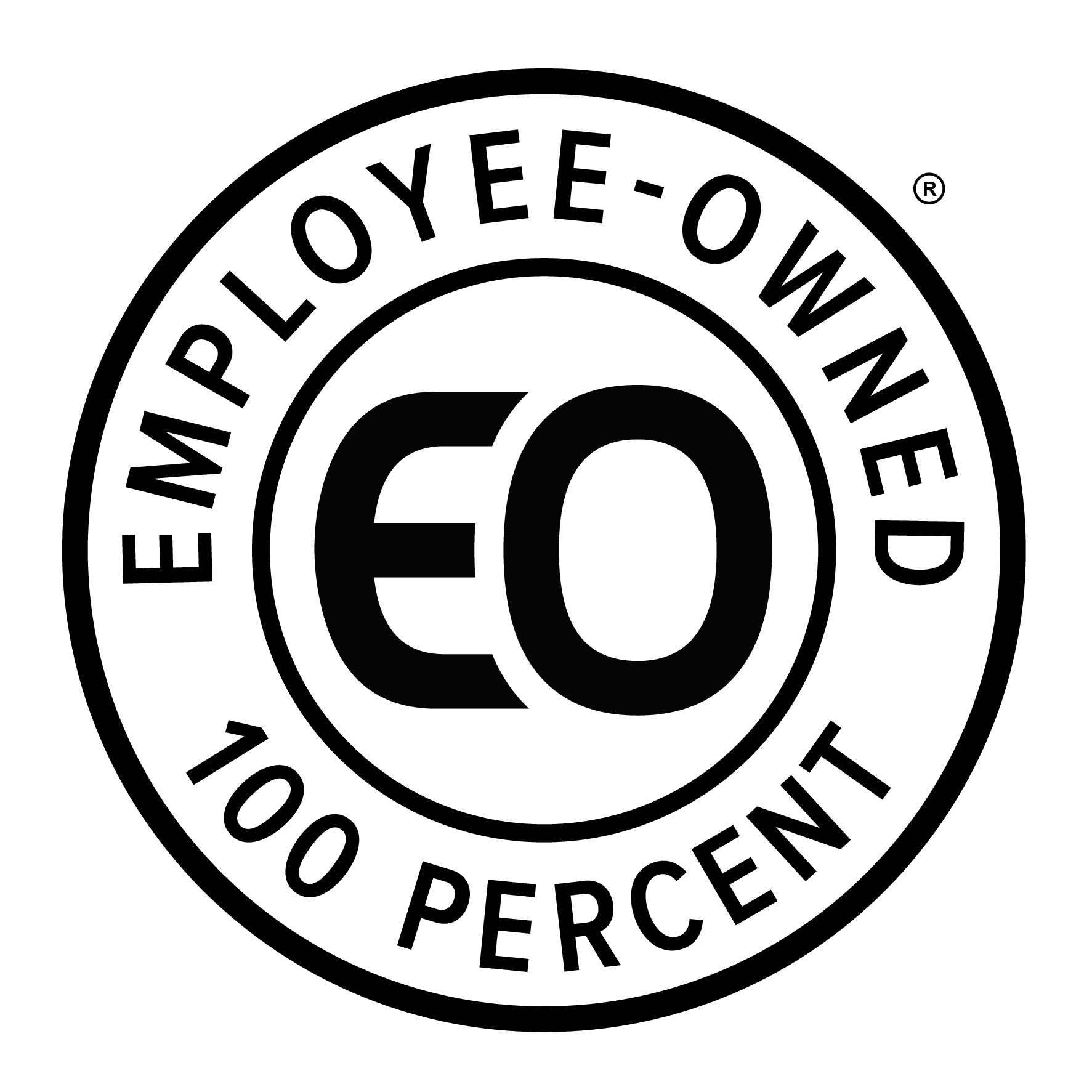As a Bucks County resident for nearly 30 years and the president of a Doylestown-based financial advisory firm, I’ve learned a thing or two about the journey that local small business owners navigate and the unique challenges they face. Whether you’re just starting out or looking to grow your established business, there are crucial aspects to consider. Here are some key concepts that can help you make informed decisions and achieve both personal and professional success:
1. Maximize your time: Evaluate how you spend your time, which is your most valuable asset. To be successful and maintain a healthy work-life balance, consider which tasks could be delegated to staff or outside professionals, allowing you to focus on the business aspects that only you can manage. Should you be doing the bookkeeping or would it be more efficient to outsource that to an accounting professional? While passion for your business is admirable, it can also lead you to take on too many tasks and distract you from the high-value activities that best align with your expertise and goals.
2. Manage risks and liabilities: Understand your risk profile and how to protect your personal assets by minimizing or mitigating risks. Assess potential liabilities and ensure that you have the appropriate insurance coverage for your company and business structure. If your business involves physical interactions with customers, liability insurance is a must. Additionally, other types of insurance such as errors and omissions (E&O) might make sense depending on your industry.
3. Plan your exit strategy: Whether you want to pass on your business to a family member or seek a merger or acquisition, having a clear plan is essential. What happens when you’re ready to retire or pass the baton? Consider preparing a successor or exploring external buyers and merger candidates. An ideal exit strategy would be tailored to your business and personal needs.
4. Create a strong culture: A strong company culture is vital to long-term success. Hire and retain talented, dedicated individuals who align with your values and vision. Foster a collaborative and supportive work environment that delivers exceptional service or products to your community. Emphasize the importance of teamwork and encourage continuous improvement.
5. Know your financials: It’s essential to regularly review your financial data, have a budget in place and set realistic targets. These actions will give you important insight into the health of your business and help you steer it in appropriate directions.
6. Embrace resilience and flexibility: The pandemic taught us all valuable lessons about how to be resilient and adaptable. Develop a continuity plan to prepare for unforeseen circumstances. Think through strategies to pivot your business in case unexpected challenges arise. By embracing change and being flexible, you can better navigate difficult times and emerge stronger.
As a wealth management firm, we see ourselves as a valuable sounding board for local small business owners, helping you manage these considerations and any others that might be unique to your circumstances — so that you can enjoy greater work-life balance and focus more on what you love about your business. Feel free to contact us to learn more about how we may be able to help.




